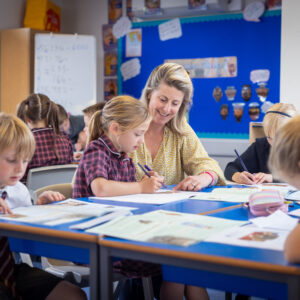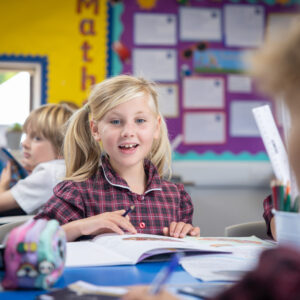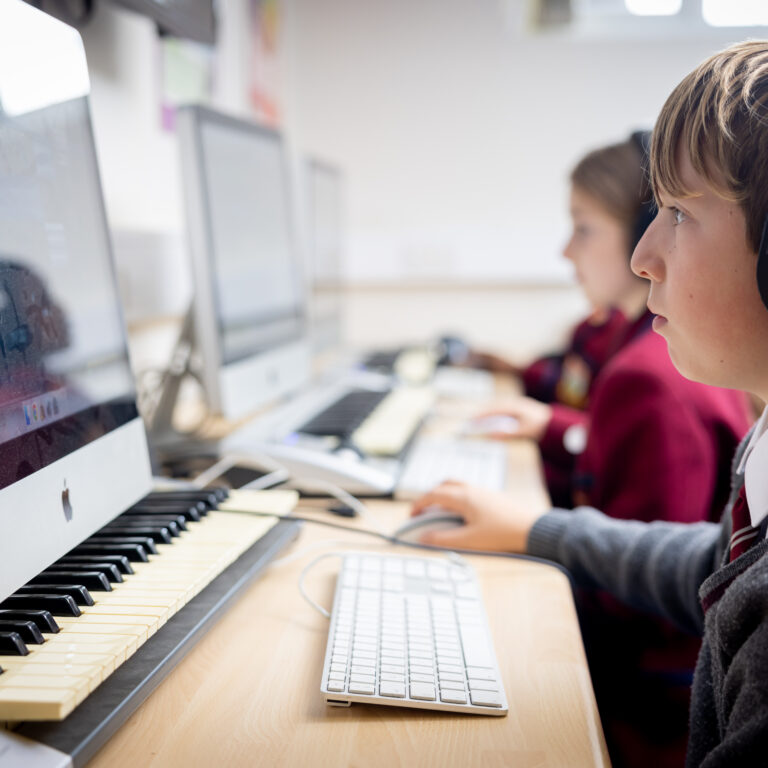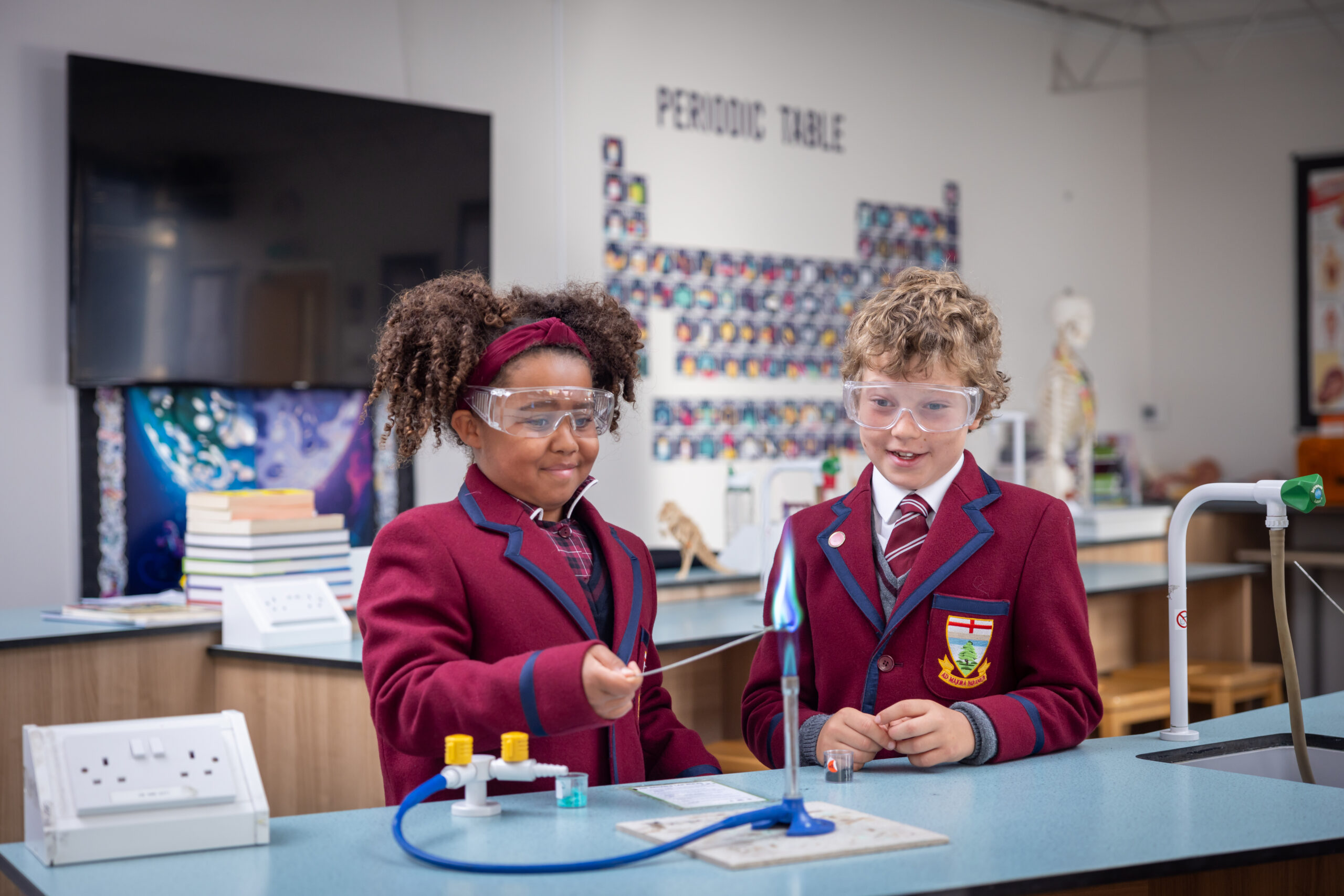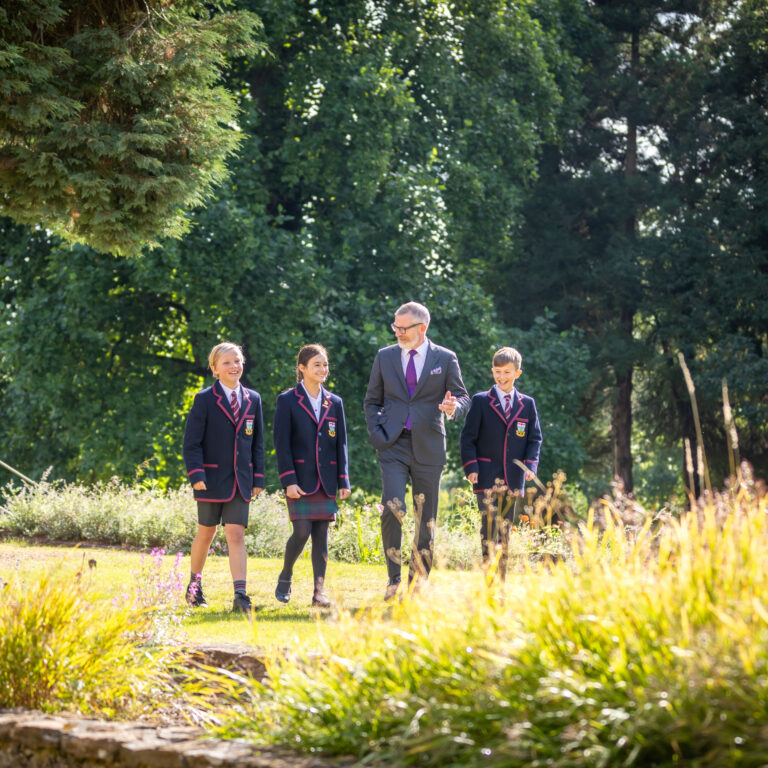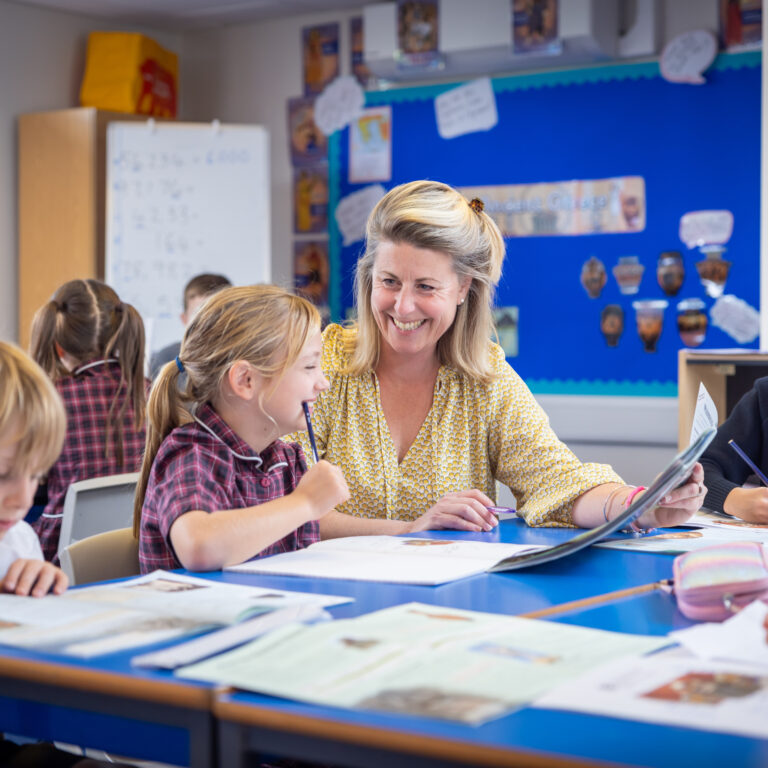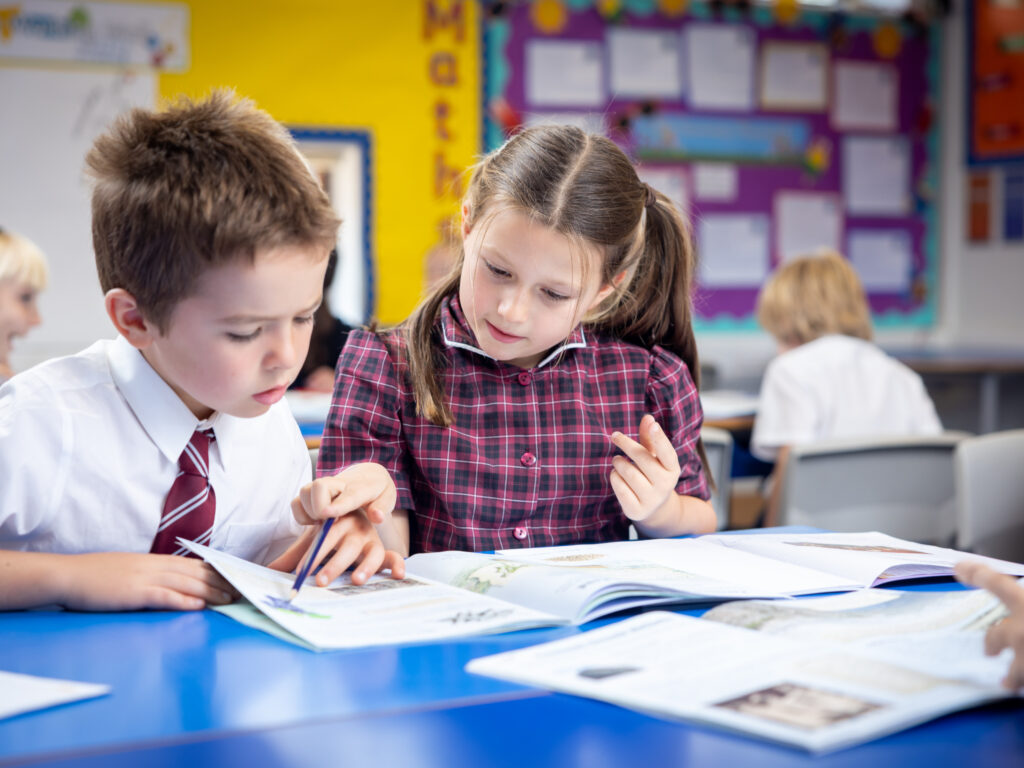
Prep Academic DevelopmentConfident, highly motivated, happy learners.
Committed to motivating our Middle Prep children to become broad and successful learners, we provide the opportunity to experience an extensive range of academic subjects, stretching, challenging and inspiring pupils to reach beyond their own expectations and encouraging them to discover their passion for achievement.
We encourage our children to become independent learners and take responsibility for and risks with their own learning under the careful guidance of their highly qualified and dedicated teachers. Offering high levels of individualised attention with small classes, we allow the time and space for positive relationships to be formed between our teachers and the children.
Our dedicated teachers take the time to understand each child as an individual, tailoring support and encouragement to help them thrive. Classes are lively and exciting, expectations are high and the children thrive in a relaxed but determined and supportive atmosphere. There are academic challenges for children of all abilities, and all are encouraged to develop a love for learning and to try their very best. Experience and research show us that there is a positive correlation between happy children and academic performance, with increased motivation in learning, improved retention and better social interactions with peers and teachers.
Our teaching incorporates the best of academic and creative practice and is delivered using state of the art technology. Our role as educators is to treat each child as an individual and provide support as they pursue their journey towards independence. We know each child well and offer targeted support where needed, whether this is supporting those with learning differences or extending the academically gifted.
Quite simply, we prepare children to be confident, highly motivated, happy learners and lay strong foundations for a lifelong love of learning and the best platform for their future growth.


